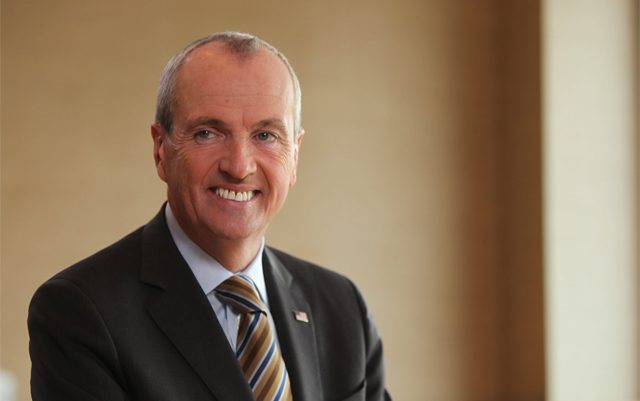New Jersey has been on the edge of legalization for years, with several proposals being put forth – and a few even making it past the first round of votes. In previous years, under former Governor Chris Christie, it was clear that expanding existing medical marijuana laws and legalizing adult use cannabis were simply not options. However, current Governor Phil Murphy has promised to make legalization a priority – but the legislature in the state isn’t quite as ready as he is to see it happen.
“I’m prepared to hold off for a short amount of time, and I would say the month of May would be the edge of that,” Murphy said Thursday. “I’m still confident we can go on and get it done legislatively. I’m open-minded and supportive for the Legislature to go back at it and find those last few votes we couldn’t get. But it can’t be an unending calendar. We owe too much to the folks; in some cases, it’s a question of life or death.”
Currently, there is a package of two bills in the Senate; one is the bill which aims to legalize cannabis for recreational use and retail sales, while the other would expand the current medical marijuana bill. Pairing the two together was originally intended to help gain votes from those who are in support of the medicinal expansion but not recreational legalization.
Unfortunately, this wasn’t enough to garner the support needed. Because of this, Murphy is willing to hold off on recreational legalization, temporarily shifting the focus back to expanding the state’s medical marijuana program. This announcement came shortly before the New Jersey Department of Health released their biennial report on the state’s medical marijuana program – citing the desperate need for additional dispensaries, lowering the cost of products and making the medicinal plant available to patients with conditions that are not currently listed.
“The Medicinal Marijuana Program has always prioritized patient needs above all else. Whether they are individuals with debilitating chronic pain, folks with end-stage cancer, or veterans with post-traumatic stress disorder, patients simply cannot wait any longer for therapy that is both more affordable and easier to access,” Health Commissioner Dr. Shereef Elnahal said. “The need for this program is greater than ever.”
Since taking office, the Murphy Administration has already helped expand the program to include five additional conditions – nearly doubling the number of patients participating in the program. However, all the issues cited in the Department of Health report are things that are addressed in the legislation that was paired with the recreational legalization bill. Separating the bills to ensure these changes are passed while legislators work to come to some type of agreement over full legalization appears to be the most likely path for New Jersey right now.






